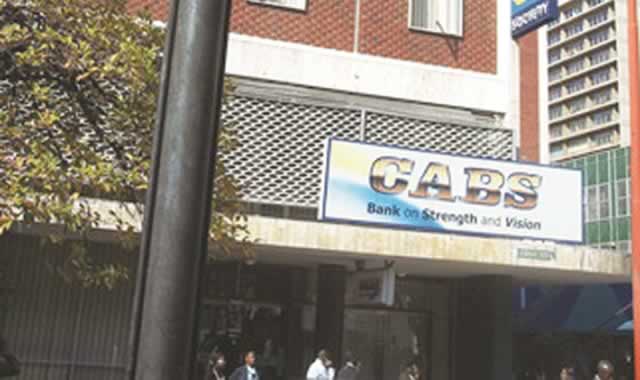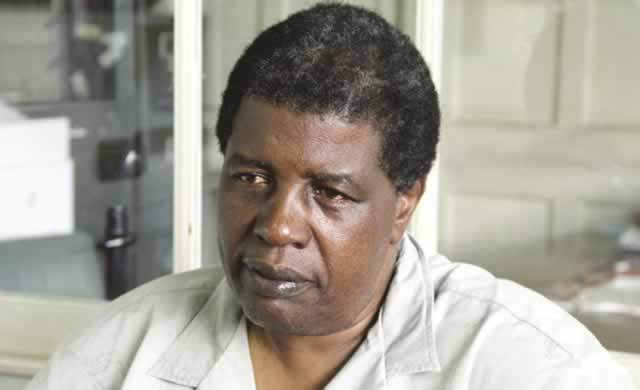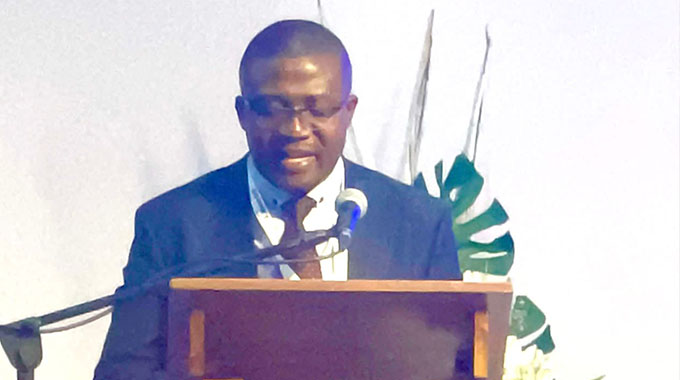CABS profits drop 35.9pc

 Business Editor
Business Editor
CENTRAL Africa Building Society (CABS)’s income dropped 35.9 percent from $11.2 million in June last year to $7.2 million in the same period this year due to the challenging economic environment, the company’s latest financial results indicate.
According to the Old Mutual subsidiary’s unaudited financial results for the six months to June 30, 2014 released yesterday, the company posted a $18 million net interest income from last year, which accounts for a six percent increase from last year’s $17.1 million.
The company, however, remains financially sound after recording a 21 percent increase in total assets within the same period.
CABS board chairman Dr Leonard Tsumba, in a statement accompanying the results, explained that the company was hamstrung by the liquidity challenges experienced in 2013, which extended to 2014 resulting in a 0.08 percent year on year inflation, as at June, 30, 2014.
“Your society recorded a surplus of $7.2 million for the six months ended 30 June 2014 in spite of the challenging environment,” said Dr Tsumba.
“Net interest income increased by six percent compared to the same period in 2013.”
He said that non-interest income increased by 31 percent, due to the increased in the number of transactions passing through the society’s various delivery channels.
“Comparatively, operating expenses increased by 44 percent, mainly due to the impact of business growth. Consequently the society’s income ratio increased from 62 percent to 77 percent,” he said.
Total assets, accord to the company’s statement of financial position, grew 21 percent from $574.3 million in June 2013 to $694,1 million as of June, 30, 2014 while deposits rose by 23 percent.
Loans and advances grew by 19 percent from $296, 8 million in June last year to $352.1 million.
Dr Tsumba said the bank was pursuing a number of growth initiatives as it seeks to improve its operations. “Your society is pursuing a number of growth initiatives to enhance its role in both housing finance and banking. As these initiatives are progressively realised, the society will certainly continue to be a positive as well as a progressive force in the country’s finance services sector,” he added.
Dr Tsumba said while economic stability brought about by the introduction of the multiple currency system in 2009 continued in 2014, the projected 6.1 percent economic growth has slowed down to 3.1 percent.
He cited high levels of non-performing loans, a slowdown in general economic activity, declining capacity utilisation, company closures and a negative balance of payments position as major drawbacks.











Comments